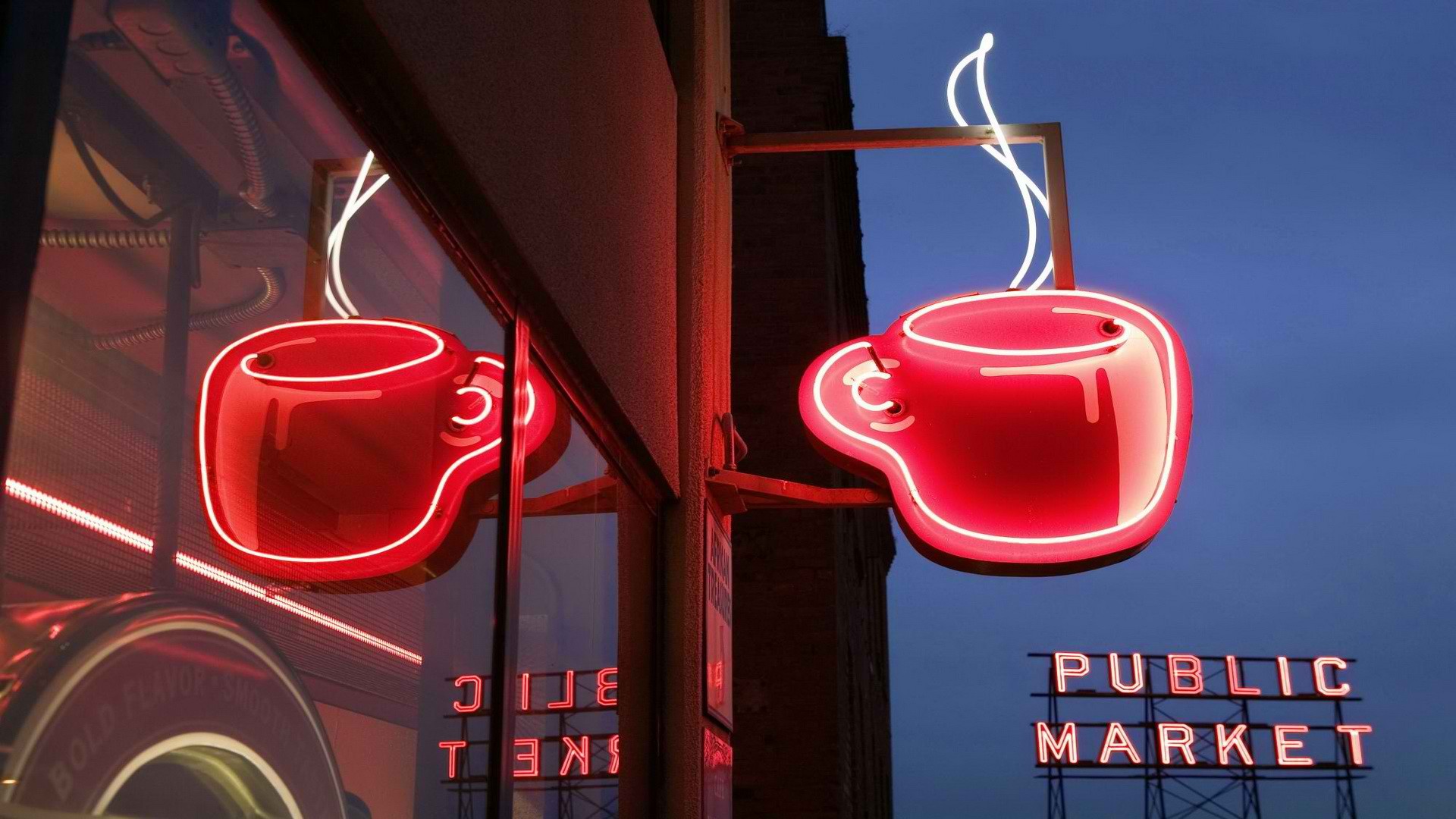With much of the world in the midst of the coronavirus pandemic, there is some talk of cancelling Halloween celebrations this year.
It’s only natural to wonder if we should celebrate an event that, on the surface, seems frivolous and unimportant when so many people around the world are suffering and dying because of the deadly virus.
But it’s precisely because of the current situation that it’s essential to hold on to customs that bring the community together.
Halloween is a celebration of both the living and the dead. The fun and entertaining aspects — sweets, parties, carved pumpkins and over-the-top costumes and decorations — don’t take away from its importance.

The question is: how to celebrate Halloween and stay safe within any local rules you have to follow on social distancing and other measures as part of coronavirus prevention strategies?
From our partners:
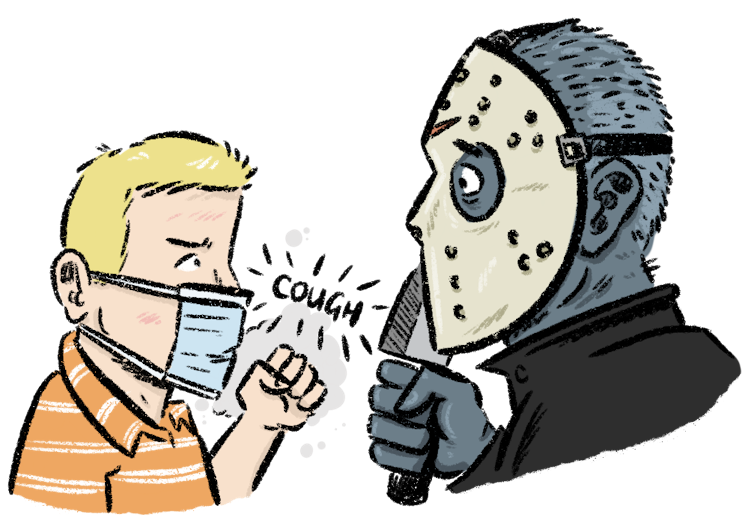
Perhaps it’s time to create new traditions to keep the spirit of Halloween alive, without forfeiting our health. The origins and aims of Halloween may provide some good ideas on how to move forward.
A brief history of Halloween
Halloween has a mixed historical heritage. It’s often claimed it originated in Europe in the ancient Celtic festival of Samhain. This was celebrated (roughly) in November, starting on the evening of October 31 — known as “the eve of Samhain”.
Samhain was both a community and a spiritual event, when bonfires were lit and food offered to the spirits who had crossed over from the Otherworld for the night.
Carved vegetables, such as turnips, were placed outside doors to both guide and ward off evil spirits.
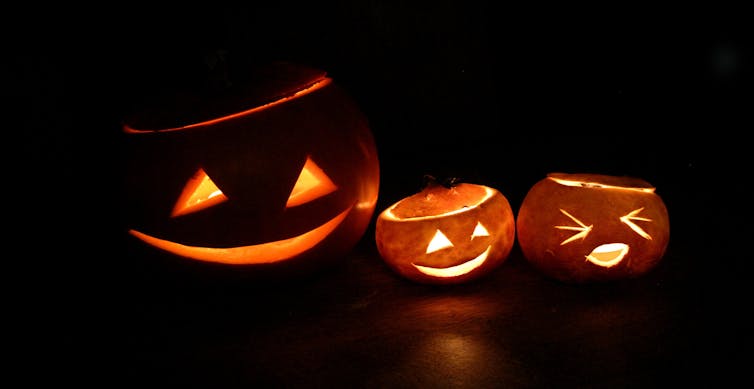
Masks were worn as part of the celebration: the aim was either to scare off the spirits or to honour them, depending on which source you consult.
Some claim that when Christianity arrived in the Celtic world in the fourth century it tried to incorporate some of the existing pagan festivals into its rituals, with an aim to perhaps become more appealing to new followers.
Some see the influence of Samhain on the Christian season of Hallowtide, which the church formally established in the ninth century. This incorporates All Hallows’ Eve (October 31), All Saints’ Day (November 1) and All Souls’ Day (November 2). Hallowtide was, and still is, a time to commemorate the dead and celebrate our ongoing connection to them.
Across the centuries, many practices have been part of the Hallowtide celebrations, including “guising”, where children dress up in whimsical costumes and go door to door demanding offerings of foods for the departed.
This practice survives today and most will recognise it by its American name “trick or treating”.
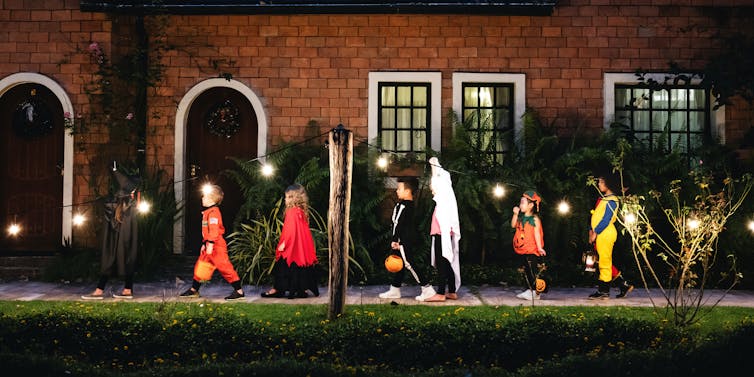
Whether you wish to acknowledge the influence of either pagan or broad Christian belief on Halloween, what remains true is that on this night the boundary between this world and the next is meant to be at its thinnest. Spirits, then, can cross over to visit.
What better way to celebrate the occasion — even if you perceive it as completely secular — than to indulge in fancy dress, games and delicious food.
Halloween traditions 2020 style
This is where our cultural creativity comes in. We need to rechannel what’s at the heart of Halloween, and consider how we can still make celebrations easy and accessible — especially for children.
Remember that Halloween is all about the sharing of food, community celebrations, the appreciation of each other and, above all, a layer of spiritual awareness that keeps us connected to our dearly departed.
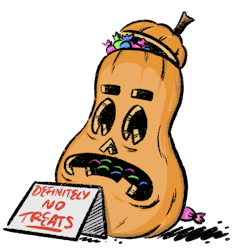
If we think about the event in these terms then we can reshape and re-invent our traditions to fit our changed world.
For example, rather than taking our children from door to door to collect sweets, take a leaf from the “Easter egg hunt” and organise a “Halloween treats hunt” at home instead.
This still places an emphasis on finding and collecting food, which is what children tend to be most interested in. The treats don’t have to be sugar-filled and can be adapted to meet the health sensibilities of each home.
A Halloween hunt done in costume provides a good photo/video opportunity for families.
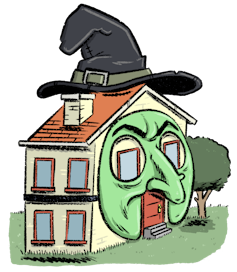
If you can’t imagine not being out in the streets, a useful alternative is to take socially distanced COVID-safe Halloween walks. That way children can still see their friends’ costumes, and show off their own.
If houses are decorated to match the Halloween spirit, inside and out — whenever possible, both physically and financially — this could add an extra touch to the experience of Halloween.
Countdown to Halloween
Similar to the 12 days of Christmas, set up a Halloween countdown. The “13 days of Halloween” has an irresistible sound to it. It provides an opportunity to do something a little bit special each day, whether baking Halloween cookies, crafting your own masks, or watching an (age-appropriate) spooky movie.
Carving a pumpkin will, of course, be an unmissable part of the countdown.
While Halloween might be different this year, by embracing new traditions we show the resilience of the event, as well as our own, during difficult times.
Lorna Piatti-Farnell, Professor of Popular Culture, Auckland University of Technology
This article is republished from The Conversation under a Creative Commons license. Read the original article.












